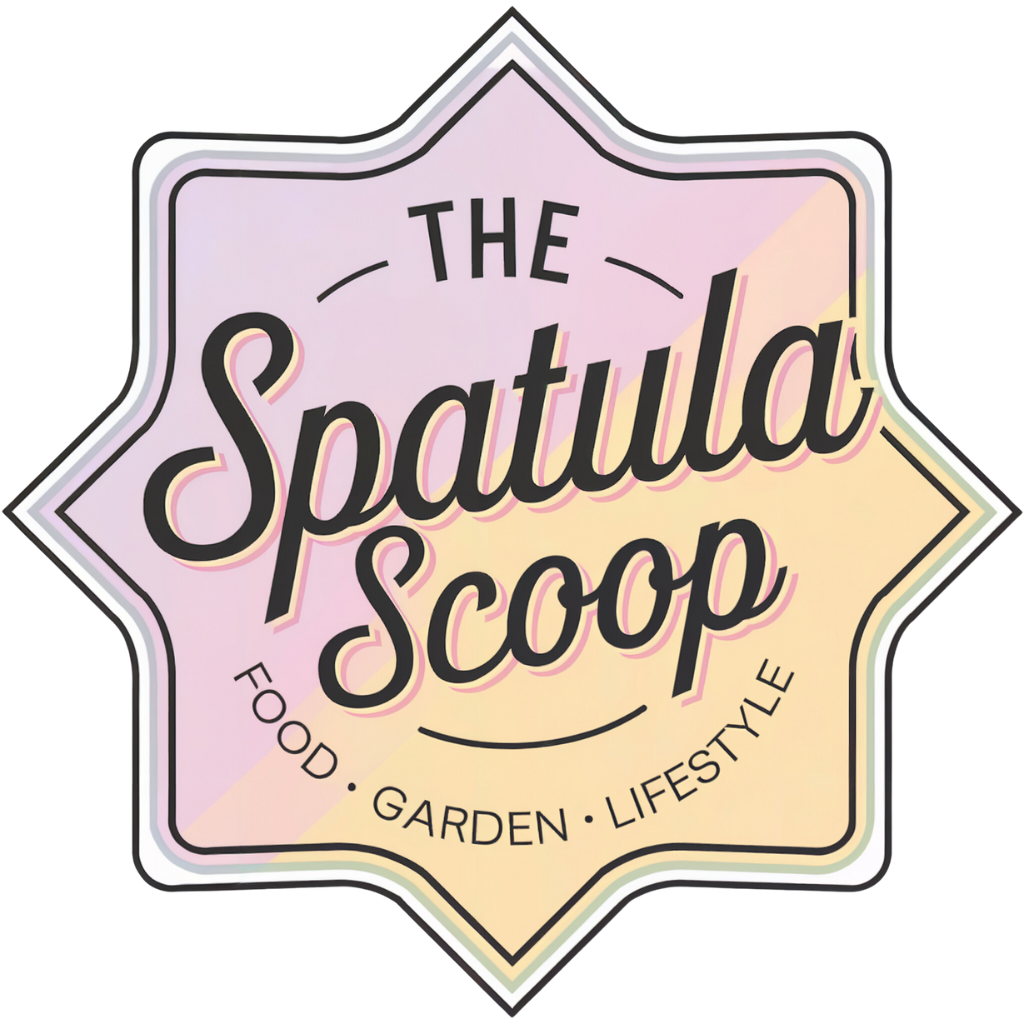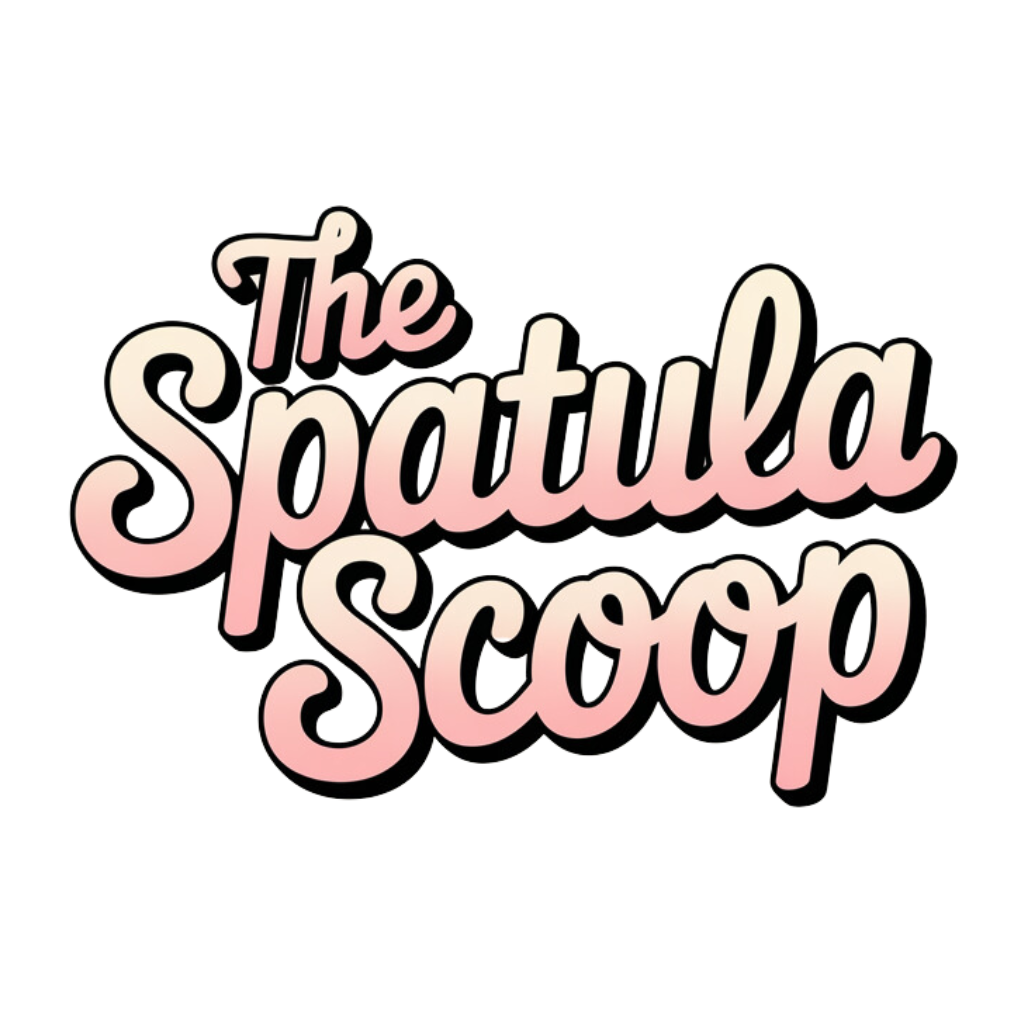Is It Safe to Eat Popcorn Kernels
Eating popcorn kernels isn't generally safe due to several risks. While kernels offer nutritional benefits like fiber and antioxidants, they can damage your teeth, cause digestive issues, and pose choking hazards. Unpopped or partially popped kernels may crack teeth, get stuck between them, or irritate your gums. They're also hard to digest, potentially causing discomfort or blockages in your digestive tract. The choking risk is particularly high for children and older adults. It's safer to enjoy fully popped corn or explore alternatives like pre-popped varieties or popcorn-flavored snacks. If you do eat popcorn, be cautious of unpopped kernels and chew thoroughly. Let's explore the risks and benefits in more detail.
This post may contain affiliate links. If you make a purchase through these links, I may earn a commission at no additional cost to you. Additionally, portions of this post may be generated using artificial intelligence (AI) technology. While we strive for accuracy, please be aware that AI-generated content may not always be perfect and should be fact-checked when necessary.
The Spatula Scoops
- Eating unpopped popcorn kernels can pose dental risks, potentially causing tooth damage or irritating gums.
- Unpopped kernels are difficult to digest and may cause digestive discomfort or complications in some individuals.
- Popcorn kernels present a significant choking hazard, especially for young children and older adults.
- Fully popped corn is generally safer to consume and offers similar nutritional benefits without the associated risks.
- While kernels contain beneficial nutrients, the potential risks outweigh the benefits of consuming them unpopped.
Understanding Popcorn Kernels
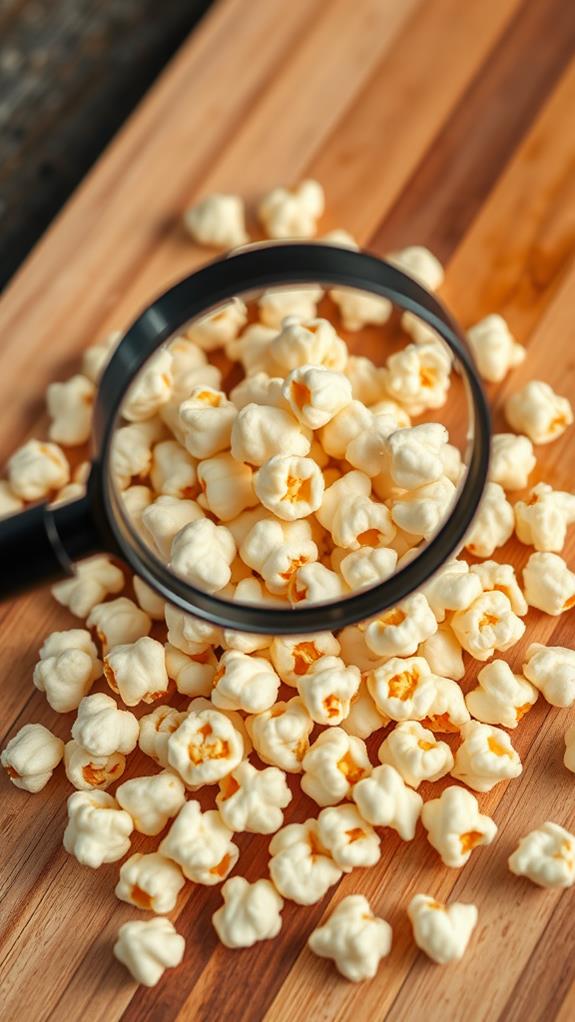
Almost everyone has encountered unpopped kernels at the bottom of their popcorn bowl. These kernels, often called "old maids" or "spinsters," are more than just a nuisance; they're an indicator of the complex nature of popcorn. You might wonder why some kernels pop while others remain stubbornly intact. Much like raw corn on the cob, these unpopped kernels are safe to eat and can even be nutritious, providing fiber and essential vitamins. However, they may pose a choking hazard, so caution is advised when consuming them.
Popcorn kernels consist of a hard outer shell, or pericarp, encasing a dense, starchy interior. Within this interior, there's a small amount of water. When you heat the kernels, the water turns to steam, creating pressure inside. As the pressure builds, it eventually causes the kernel to explode, turning inside out and creating the fluffy snack you love. However, for this process to work, several factors must align perfectly. The kernel needs the right moisture content, typically between 13-14%, and must be heated to around 350°F (177°C). If a kernel is too dry or has a damaged pericarp, it won't pop. Understanding these mechanics can help you appreciate the science behind your favorite movie snack and possibly improve your popping technique.
Nutritional Value
Popcorn kernels pack a surprising nutritional punch for their small size. They're a whole grain, which means they contain all parts of the grain, including the bran, germ, and endosperm. This composition contributes to their impressive nutrient profile. You'll find that popcorn kernels are rich in fiber, which aids digestion and promotes feelings of fullness. As part of the Zea mays family, popcorn kernels share many nutritional similarities with other corn varieties, including their high carbohydrate content and low fat profile.
They also contain various vitamins and minerals, including:
- Magnesium: Essential for bone health and energy production
- Iron: crucial for oxygen transport in the blood
- Zinc: important for immune function and wound healing
- B vitamins: vital for energy metabolism and nervous system health
Moreover, popcorn kernels are a good source of antioxidants, particularly polyphenols. These compounds help protect your cells from damage caused by free radicals. The kernels are also relatively low in calories, making them a potentially weight-friendly snack option when consumed plain.
It's important to note that while popcorn kernels offer these nutritional benefits, they're most commonly consumed after popping. The popping process doesn't significantly alter their nutritional profile, but added butter or oil can increase calorie content. When considering popcorn's nutritional value, factor in any additional toppings or seasonings you might use.
Dental Risks
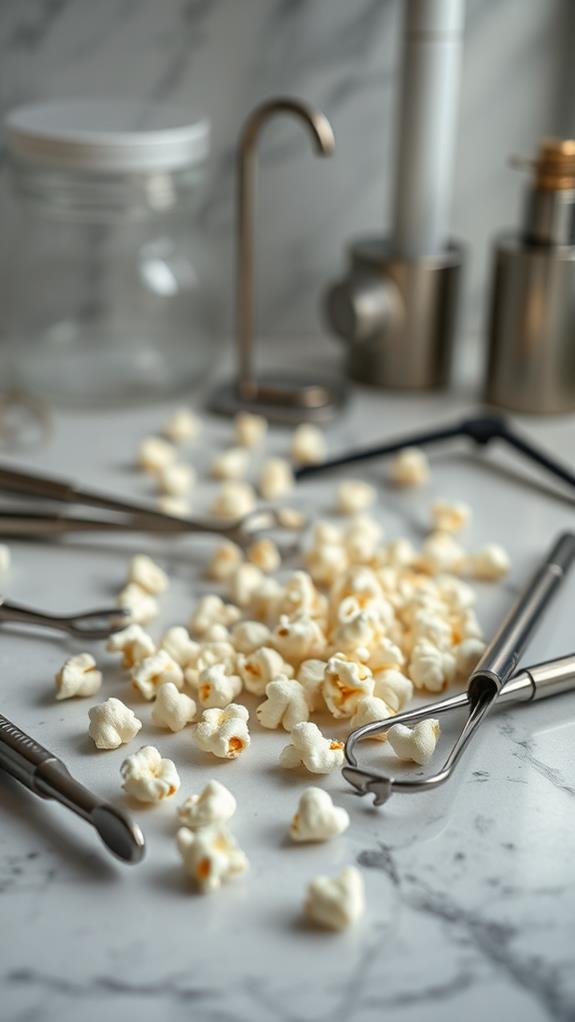
While popcorn kernels offer nutritional benefits, they can pose significant risks to your dental health. When you bite down on unpopped kernels, you're putting excessive pressure on your teeth, which can lead to cracking or chipping. The hard surface of these kernels can also damage dental work like fillings, crowns, or bridges. Stubborn stains from burnt kernels on cookware can be difficult to remove, much like the challenges posed to dental health. Regular maintenance of both cookware and teeth is essential for optimal performance and health.
You'll find that kernels often get stuck between your teeth or in hard-to-reach areas of your mouth. This can cause discomfort and potentially lead to tooth decay if not removed promptly. The kernel's shape makes it particularly challenging to dislodge, even with regular flossing.
Another concern is the impact on your gums. Biting into a kernel can cause small cuts or abrasions on your gum tissue, potentially leading to inflammation or infection. If you have sensitive gums or periodontal issues, you're at an even higher risk of complications.
For those with braces or other orthodontic appliances, eating popcorn kernels is especially risky. The kernels can damage brackets, wires, or bands, potentially prolonging your treatment time and necessitating additional dental visits.
Digestive System Concerns
Three main digestive concerns arise when consuming popcorn kernels. First, your body can't break down the tough outer shell of unpopped kernels, which may lead to digestive discomfort. Second, these indigestible kernels can potentially cause intestinal blockages, especially if consumed in large quantities. Third, the sharp edges of partially chewed kernels might irritate your digestive tract.
When you eat popcorn kernels, you're exposing your digestive system to several risks:
- Indigestion and bloating
- Abdominal pain and cramping
- Constipation or diarrhea
- Potential for intestinal perforation in extreme cases
While your stomach acid can soften the kernels, it can't fully break them down. This means they'll pass through your digestive system largely intact, potentially causing irritation along the way. If you have a sensitive digestive system or conditions like diverticulitis, you're at higher risk for complications.
It's important to note that occasional consumption of a few kernels is unlikely to cause significant harm in most people. However, deliberately eating large quantities of unpopped kernels isn't recommended due to these digestive concerns. If you experience persistent digestive issues after eating popcorn kernels, consult your healthcare provider.
Choking Hazards
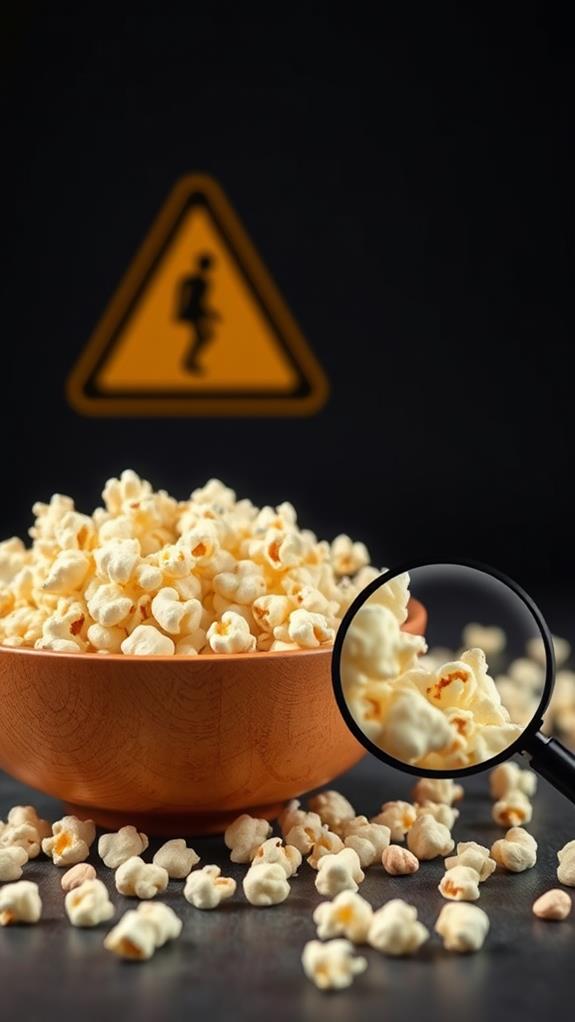
Beyond digestive concerns, unpopped popcorn kernels pose a significant choking hazard, especially for young children and older adults. The small, hard kernels can easily become lodged in the throat, blocking airways and causing a potentially life-threatening situation. You'll want to be particularly cautious when serving popcorn to these at-risk groups.
When you're enjoying popcorn, it's essential to chew thoroughly and avoid swallowing large handfuls at once. Pay attention to the texture as you eat, and if you feel a hard kernel, remove it from your mouth. For parents, it's recommended to delay introducing popcorn to children until they're at least four years old and have developed better chewing and swallowing skills.
If you're hosting a movie night or serving popcorn at an event, consider using pre-popped or hulless varieties to minimize risks. These options reduce the likelihood of encountering unpopped kernels. Additionally, always keep a watchful eye on young children and elderly individuals when they're consuming popcorn, and be prepared to perform the Heimlich maneuver if necessary. By taking these precautions, you can enjoy this popular snack more safely.
Cooking Methods and Safety
When it comes to cooking popcorn safely, you've got several options. The most common methods include using a microwave, stovetop, air popper, or electric popcorn maker. Each method has its own safety considerations, but they all share some common precautions.
To guarantee safe popcorn preparation, follow these guidelines:
- Use appropriate cookware: For stovetop popping, choose a heavy-bottomed pot with a tight-fitting lid.
- Monitor the cooking process: Don't leave your popcorn unattended, as it can burn quickly.
- Handle hot containers carefully: Use oven mitts when removing hot popcorn from the microwave or stovetop.
- Avoid steam burns: Open lids or bags away from your face to prevent steam burns.
When using a microwave, opt for bags specifically designed for popcorn. These bags are engineered with susceptors, which are metallic components that help distribute heat evenly. If you're using loose kernels, invest in a microwave-safe popcorn popper.
For stovetop cooking, maintain medium-high heat and shake the pot frequently to prevent burning. Air poppers and electric makers often have built-in safety features, but always follow the manufacturer's instructions. By adhering to these safety measures, you'll minimize risks and enjoy your popcorn worry-free.
Alternatives to Unpopped Kernels
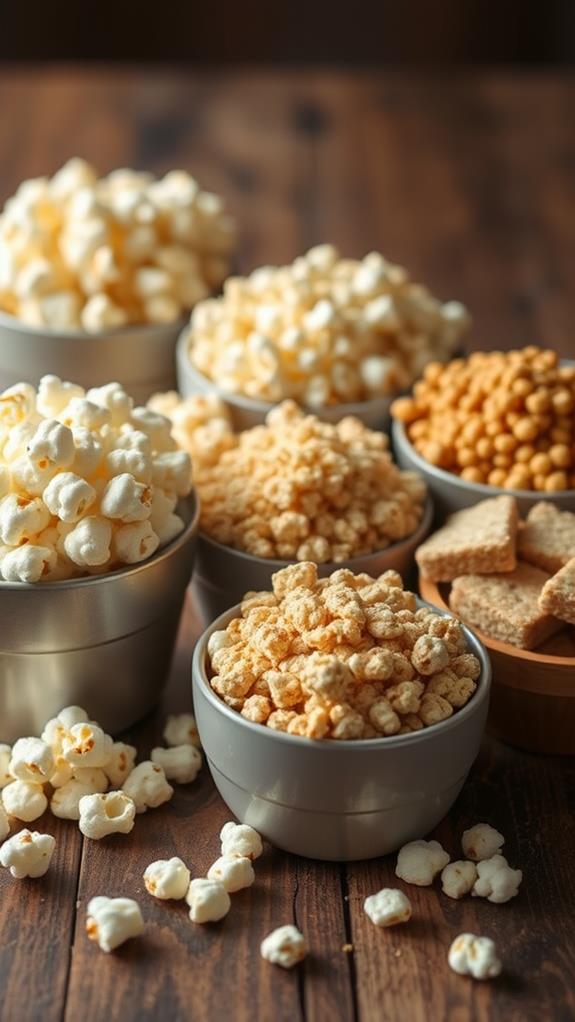
If you're concerned about the safety of eating unpopped kernels, there are several alternatives you can try. One option is to focus on fully popped corn, which is easier to digest and less likely to cause dental issues. You can achieve this by using a hot air popper or microwave popcorn bags designed to minimize unpopped kernels.
Another alternative is to opt for pre-popped popcorn available in stores. These products often undergo a thorough popping process, leaving fewer unpopped kernels. You'll find various flavors and brands to suit your taste preferences.
For a completely kernel-free experience, consider popcorn-flavored snacks. These alternatives, such as puffed corn snacks or popcorn-flavored chips, mimic the taste of popcorn without the risk of unpopped kernels. They're often made from corn flour or other grains, providing a similar texture and flavor profile.
If you enjoy the crunch of kernels, try substituting them with other crunchy, healthy snacks. Roasted chickpeas, nuts, or seeds can offer a satisfying texture without the potential risks associated with unpopped popcorn kernels. These alternatives also provide various nutritional benefits, making them a smart choice for health-conscious snackers.
Potential Benefits
While you might be wary of eating unpopped kernels, popcorn itself offers several potential benefits. It's a fiber-rich snack option that can help you feel full while being relatively low in calories. Additionally, popcorn contains antioxidants, which may contribute to your overall health and well-being.
Fiber-Rich Snack Option
Popcorn kernels offer a surprising amount of dietary fiber, making them a potentially beneficial snack option for those looking to increase their fiber intake. Fiber is essential for maintaining a healthy digestive system and can help you feel fuller for longer periods. When you consume unpopped kernels, you're getting a concentrated dose of this important nutrient.
The fiber content in popcorn kernels can contribute to several health benefits:
- Improved digestion and regularity
- Better blood sugar control
- Reduced risk of heart disease
- Potential weight management support
You'll find that incorporating popcorn kernels into your diet is relatively easy. You can add them to trail mixes, granola, or even use them as a crunchy topping for salads. However, it is crucial to recognize that while the fiber content is advantageous, you should consume kernels in moderation. Excessive intake may lead to digestive discomfort or dental issues. As with any dietary change, it is wise to consult with a healthcare professional before drastically increasing your consumption of popcorn kernels. They can provide personalized advice based on your individual health needs and goals.
Low-Calorie, Filling Food
Seeking a low-calorie snack that'll keep you satisfied? Consider popcorn kernels. These tiny powerhouses pack a nutritional punch while keeping your calorie count in check. When air-popped, popcorn is incredibly low in calories, with only about 30 calories per cup. It's also rich in fiber, which helps you feel full and satisfied for longer periods.
Here's a breakdown of popcorn's nutritional value per 100 grams:
| Nutrient | Amount | % Daily Value |
|---|---|---|
| Calories | 387 | 19% |
| Fiber | 13g | 52% |
| Protein | 13g | 26% |
You'll find that popcorn's high volume-to-calorie ratio makes it an excellent choice for weight management. It allows you to eat a large portion without consuming excessive calories. This characteristic, known as "food volume," is a key factor in satiety, the feeling of fullness after eating. By choosing popcorn as your snack, you're opting for a food that's both satisfying and waistline-friendly. Just be mindful of added toppings, as they can quickly increase the calorie content.
Source of Antioxidants
Packed with antioxidants, popcorn kernels offer more than just a satisfying crunch. These tiny powerhouses contain polyphenols, which are plant-based compounds known for their ability to neutralize harmful free radicals in your body. When you consume popcorn kernels, you're giving your system a boost of these beneficial substances.
The antioxidant content in popcorn kernels is surprisingly high, even compared to some fruits and vegetables. Here's a breakdown of the antioxidants you'll find in these crunchy seeds:
- Ferulic acid: A potent antioxidant with anti-inflammatory properties
- Vanillic acid: Known for its neuroprotective effects
- p-Coumaric acid: Helps protect against oxidative stress
- Vitamin E: Supports immune function and skin health
Myths and Misconceptions
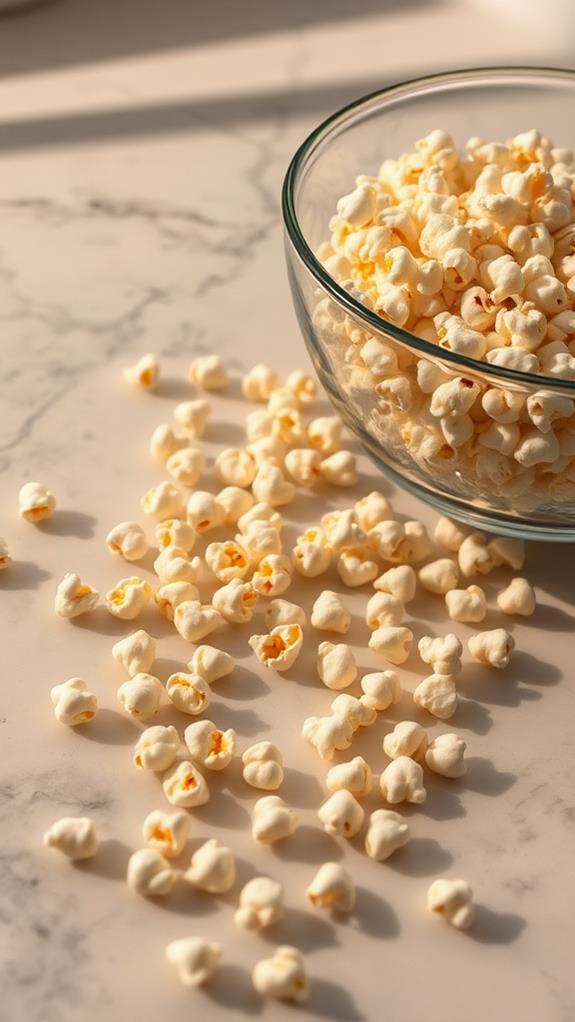
There are several myths and misconceptions surrounding the consumption of popcorn kernels. One common belief is that eating unpopped kernels will cause them to pop in your stomach, leading to internal damage. This isn't true; your body's internal temperature isn't high enough to pop kernels. Another myth suggests that swallowing kernels whole can lead to appendicitis. While it's possible for any small, hard object to cause issues, there's no direct link between popcorn kernels and appendicitis.
You might have heard that popcorn kernels are indigestible, but this isn't entirely accurate. Your body can break down parts of the kernel, though the outer shell (pericarp) is mostly indigestible fiber. Some people believe eating kernels can damage tooth enamel, which has a grain of truth. The hard kernels can potentially chip teeth if you bite down on them forcefully.
It's important to note that while eating popcorn kernels isn't inherently dangerous, it's not recommended due to their hardness and potential choking hazard. Moderation is key, and if you're concerned about dental health or digestion, it's best to stick to fully popped corn.
Safe Consumption Practices
Four key practices can help guarantee safe consumption of popcorn kernels. First, always thoroughly chew the kernels to prevent potential choking hazards. Secondarily, limit your intake to avoid digestive discomfort. Unpopped kernels are harder to digest than their fluffy counterparts, so moderation is key. Thirdly, consider your dental health; biting down on hard kernels might damage teeth or dental work.
Lastly, opt for organic, non-GMO popcorn to minimize exposure to pesticides and other chemicals. Here's a quick recap of these safe consumption practices:
- Chew thoroughly to prevent choking
- Consume in moderation to avoid digestive issues
- Be mindful of dental health risks
- Choose organic, non-GMO options when possible
When incorporating popcorn kernels into your diet, it's essential to understand their nutritional profile. They're rich in fiber and contain antioxidants, but they're also calorie-dense. If you're concerned about your caloric intake, consider using an air popper instead of oil-based methods. This technique, known as "air popping," reduces the overall calorie content while still providing the satisfying crunch you crave. Remember, while popcorn kernels can be a healthy snack, they're not suitable for everyone, especially those with certain digestive conditions or dental issues.
Frequently Asked Questions
Can Popcorn Kernels Be Composted?
Yes, you can compost popcorn kernels. They're a great addition to your compost bin, as they're organic and biodegradable. However, keep in mind that unpopped kernels take longer to break down than other food scraps. To speed up the process, you can crush them before adding them to your compost. Remember to maintain a balance of green and brown materials in your compost pile. Popcorn kernels count as a brown material, so mix them with green materials like fruit and vegetable scraps.
Are There Different Varieties of Popcorn Kernels?
Yes, there are different varieties of popcorn kernels. You'll find two main types: butterfly and mushroom. Butterfly kernels, the most common, expand into a fluffy, irregularly shaped popcorn. Mushroom kernels pop into a round, compact shape. There are also various colors, including white, yellow, red, and blue. Each variety has unique characteristics with respect to flavor, texture, and popping size. Some gourmet varieties, like Ladyfinger and Baby Rice, offer distinct tastes and textures for popcorn enthusiasts.
How Long Can Unpopped Popcorn Kernels Be Stored?
You'll be pleased to know that unpopped popcorn kernels can be stored for quite a long time. When kept in an airtight container in a cool, dry place, they can last up to two years without losing their popping quality. However, for the best flavor and popping results, it's recommended that you use them within six months to a year. Remember, proper storage is key to maintaining the kernels' freshness and preventing moisture from affecting their ability to pop.
Can Popcorn Kernels Be Ground Into Flour?
Have you ever wondered about the versatility of popcorn kernels? You'll be pleased to know that yes, you can grind popcorn kernels into flour. It's a simple process that you can do at home with a grain mill or a high-powered blender. The resulting flour is gluten-free and has a slightly sweet, nutty flavor. You can use it in baking or as a thickener for soups and sauces. It's a great alternative for those with wheat sensitivities or celiac disease.
Do Popcorn Kernels Have Any Non-Food Uses?
You'll find that popcorn kernels have several non-food uses. They're often employed in crafts, such as making jewelry or decorative items. You can use them as a natural, biodegradable packing material or as filler for heating pads. In gardening, they're sometimes used as mulch or for drainage in potted plants. Additionally, you might see popcorn kernels in sensory play activities for children or as a component in homemade exfoliants. These versatile kernels offer more than just a tasty snack.
Conclusion
As you munch on your favorite movie snack, remember that popcorn kernels aren't meant to be eaten whole. While they're not toxic, those tiny, rock-hard nuggets can pose risks to your teeth and digestive system. Instead of crunching on unpopped kernels, savor the fluffy, buttery goodness of fully popped corn. If you're craving that extra crunch, consider alternatives like seeds or nuts. By making informed choices, you'll enjoy your popcorn experience without compromising your health or dental well-being.
